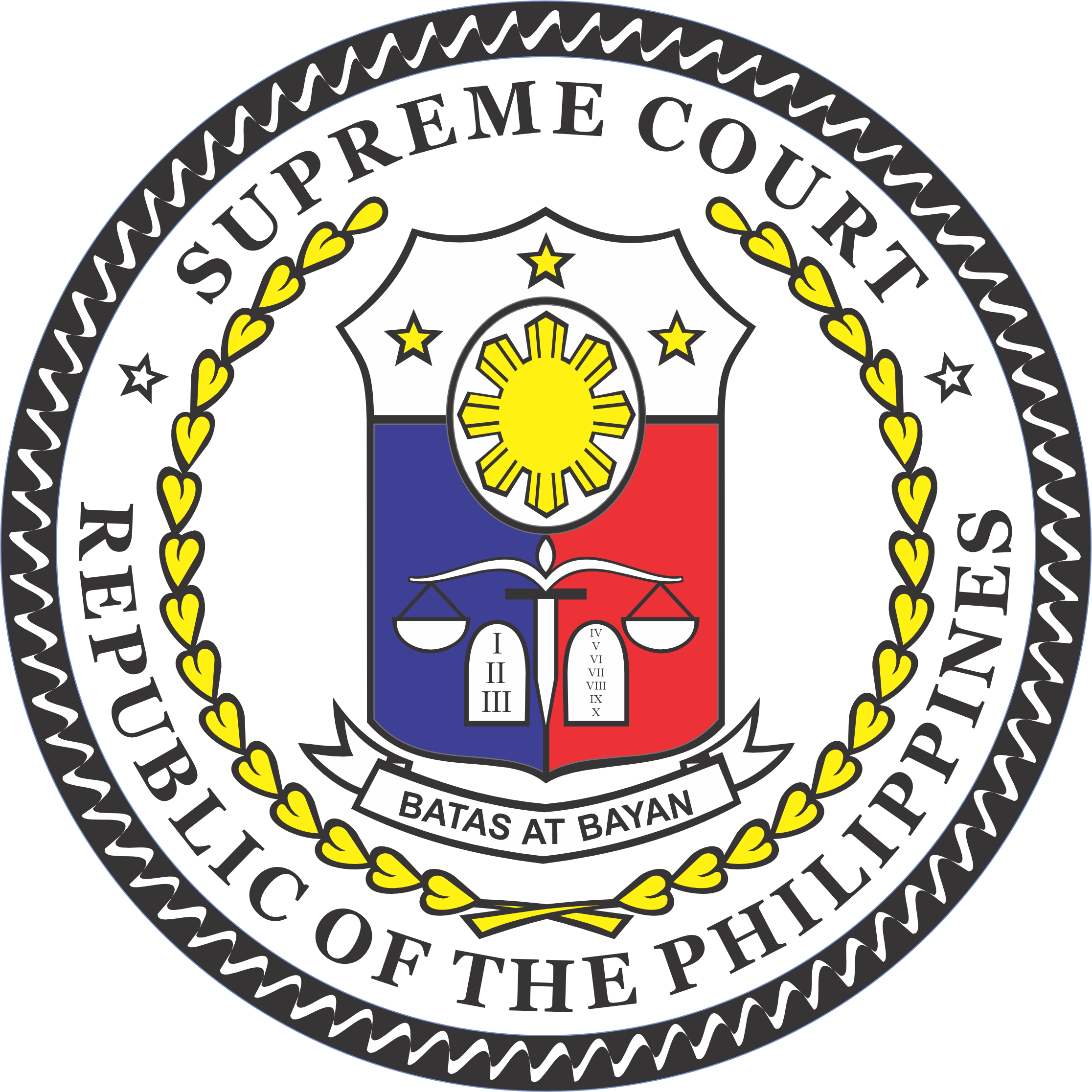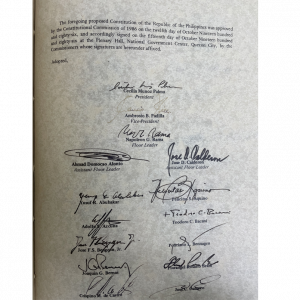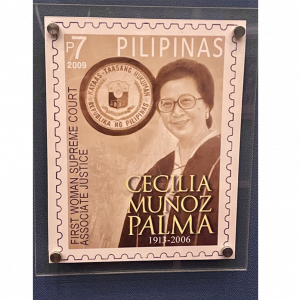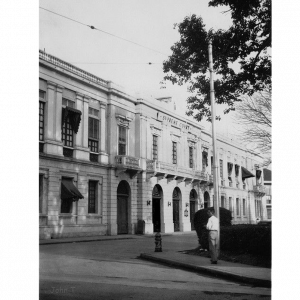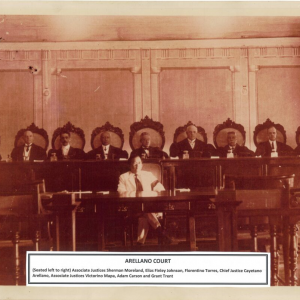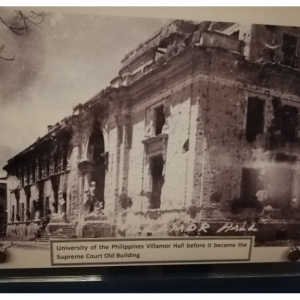Supreme Court showcases the SPJI and the Justice Zones in the Open Government Partnership Global Summit
September 21, 2023
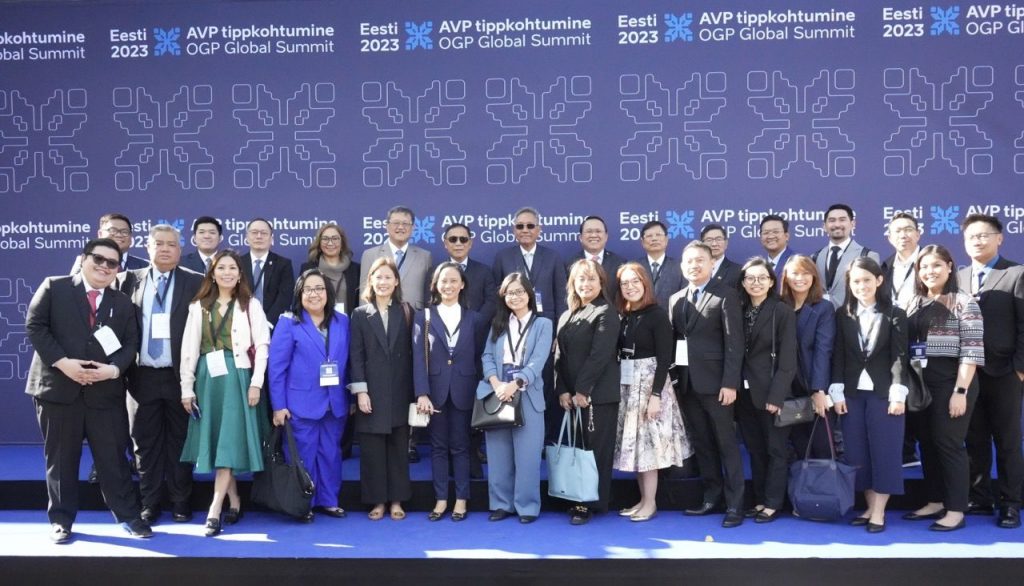
Led by Supreme Court Associate Justices Rodil V. Zalameda, Mario V. Lopez, Samuel H. Gaerlan, Jhosep Y. Lopez, Japar B. Dimaampao, Antonio T. Kho, Jr., and Maria Filomena D. Singh, the Philippine Supreme Court delegation to the Open Government Partneship Global Summit in Tallinn, Estonia pose for posterity on the first day of the Summit on September 6, 2023.
Supreme Court Associate Justices Rodil V. Zalameda, Mario V. Lopez, Samuel H. Gaerlan, Jhosep Y. Lopez, Japar B. Dimaampao, Antonio T. Kho, Jr., and Maria Filomena D. Singh led a delegation from the Philippine Judiciary who participated in the Open Government Partnership (OGP) Global Summit in Tallinn, Estonia from September 6 to September 7, 2023.
The Philippines is a founding member of the OGP – an international partnership of governments and civil society organizations that aims to promote a transparent, participatory, inclusive, and accountable governance. The Global Summit in Estonia was organized to serve as a platform to provide an opportunity for representatives of governments and civil societies to exchange experiences, best practices, and progress on open government initiatives and implementation.
In a Session entitled “Legal Empowerment: Pathway to Meaningful Co-Creation of Justice Solutions,” where Associate Justice Maria Filomena D. Singh was a panelist, Justice Singh presented the Supreme Court’s Strategic Plan for Judicial Innovations 2022-2027 (SPJI) and the Justice Zones – the flagship program of the Justice Sector Coordinating Council for justice sector coordination at the local level.
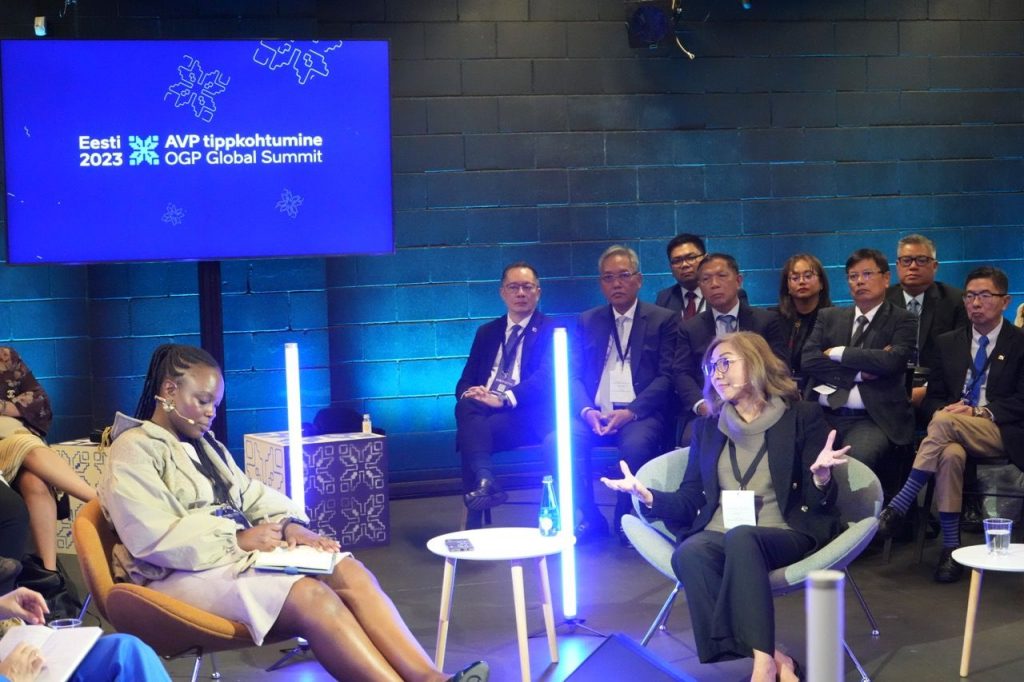
Justice Singh explained that Justice Zones are areas or localities where several inter-agency coordinative reforms are present based on pre-identified elements, which cover the entire lifetime of a case: from start-up, to case adjudication, and post judgment incidents. Justice Singh remarked that in establishing more Justice Zones and in enhancing existing ones, the Supreme Court aims to, among others, (1) improve the citizens’ understanding of how the justice system works and raise their level of trust in the system, and (2) enable civil society organizations to assist in improving the justice system in particular localities.
In conclusion, Justice Singh stressed that for a transparent, participatory, inclusive, and accountable government advocated by the OGP to flourish, the rule of law must be its anchor, and it will only be realized with an efficient, responsive, and real-time delivery of justice.
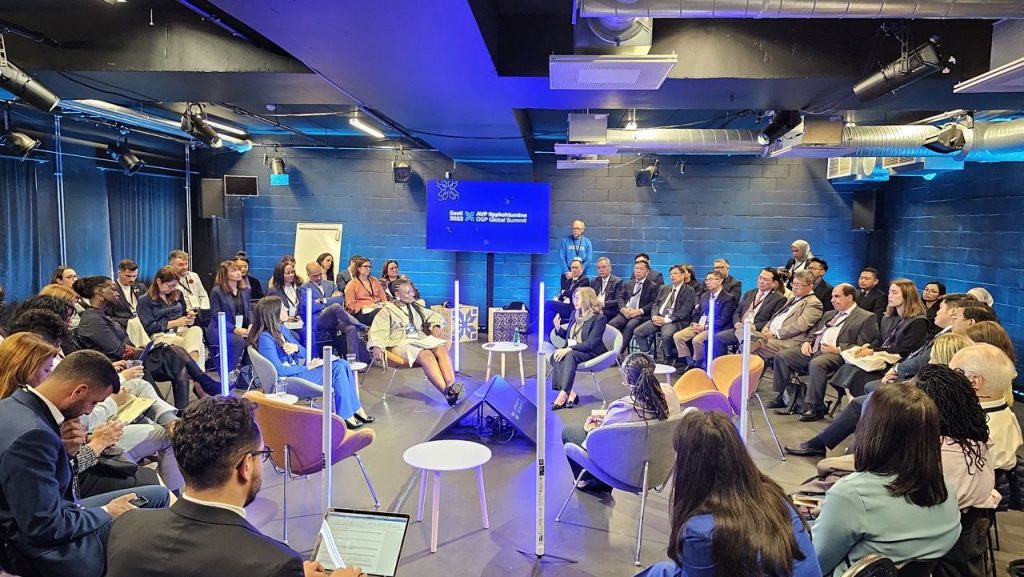
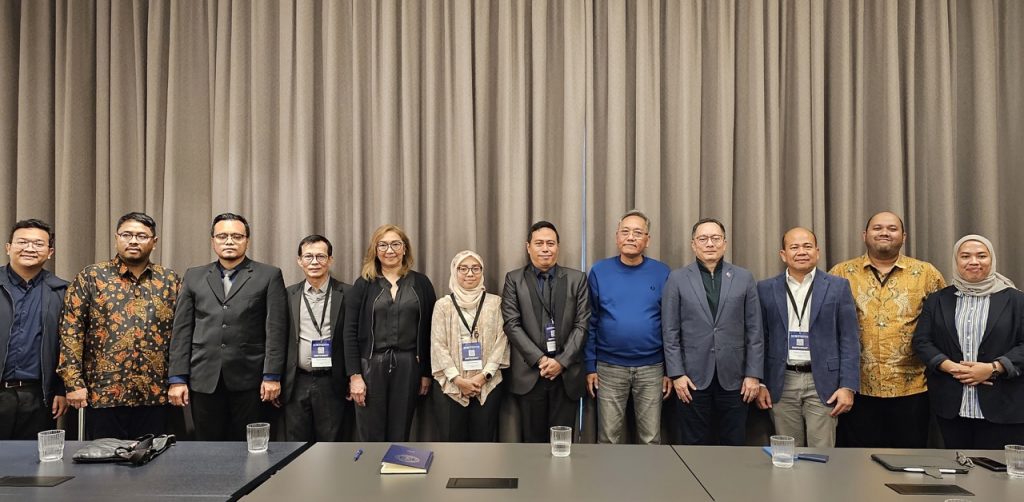
On the sidelines of the Global Summit, the Philippines Supreme Court Delegation also acceded to a request of the delegates from the Indonesian Government and its counterpart civil society organizations for a bilateral meeting to exchange best practices in improving access to justice and to discuss future collaborations. Delegates from the Philippines’ Department of Justice, the Department of Budget and Management, the Department of Interior and Local Government, and the Alternative Law Groups also joined to bilateral meeting to further stress the inter-agency efforts being done by the justice sector stakeholders.
In the bilateral meeting, the Indonesian Delegation sought insights on how the Philippine Supreme Court has championed access to justice through legal aid, and how it was able to streamline justice at the local level through the Justice Zones. The Indonesian Delegation related that these are also matters that the Indonesian National Law Development Agency has tenaciously worked on.
In response to the queries of the Indonesian Delegation, Justice Singh explained the concerns that the Justice Zones seek to address, and how these Justice Zones seek to solve the fragmented approach by which the different institutions in the justice sector operate. Justice Singh also mentioned the planned updates to the Supreme Court’s Legal Aid Directory which seeks to expand access to free legal aid service for the undeserved, as well as simplify and speed up the process of securing the services of a legal aid provider.
Justice Zalameda also took the opportunity to present to the Indonesian Delegation the other projects and initiatives of the Philippine Supreme Court under the SPJI. Particularly, Justice Zalameda shared the steps undertaken by the Court to operationalize the Judiciary Marshals Office to ensure the safety and security of the members, officials, personnel, and property of the Judiciary, including the integrity of the courts and its proceedings, and thereby preserve the independence of the Judiciary. Justice Zalameda likewise shared the monumental task undertaken by the Court to review its Rules of Procedures to streamline the processes to be relevant to the times and to integrate advances in technology.
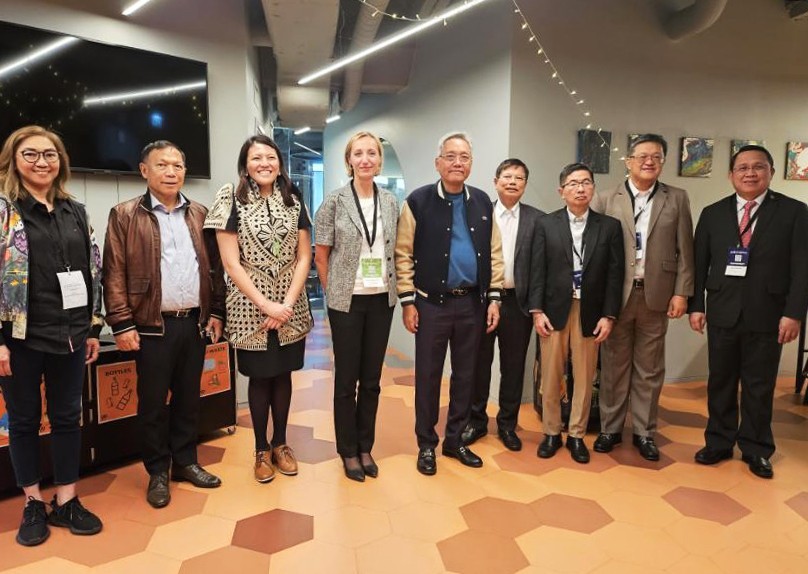
In addition, the Justices of the Supreme Court had a bilateral meeting with the OGP Support Unit, as represented by Adna Karamehic-Oates and Ivygail Ong. The OGP Support Unit confirmed that the SPJI is in line with the open government system, particularly, in promoting access to justice. In turn, the Justices of the Supreme Court of the Philippines assured that the Philippine Judiciary is keen in complying with its commitments in the justice sector, such as improving the efficiency of the court processes, promoting citizen participation, and bringing the courts closer to the people.
The members of the Supreme Court Delegation to the OGP Global Summit likewise attended the summit’s various sessions and side events to gain insights on how to better attain the SPJI’s target outcomes of efficiency, innovation, and access to justice.
